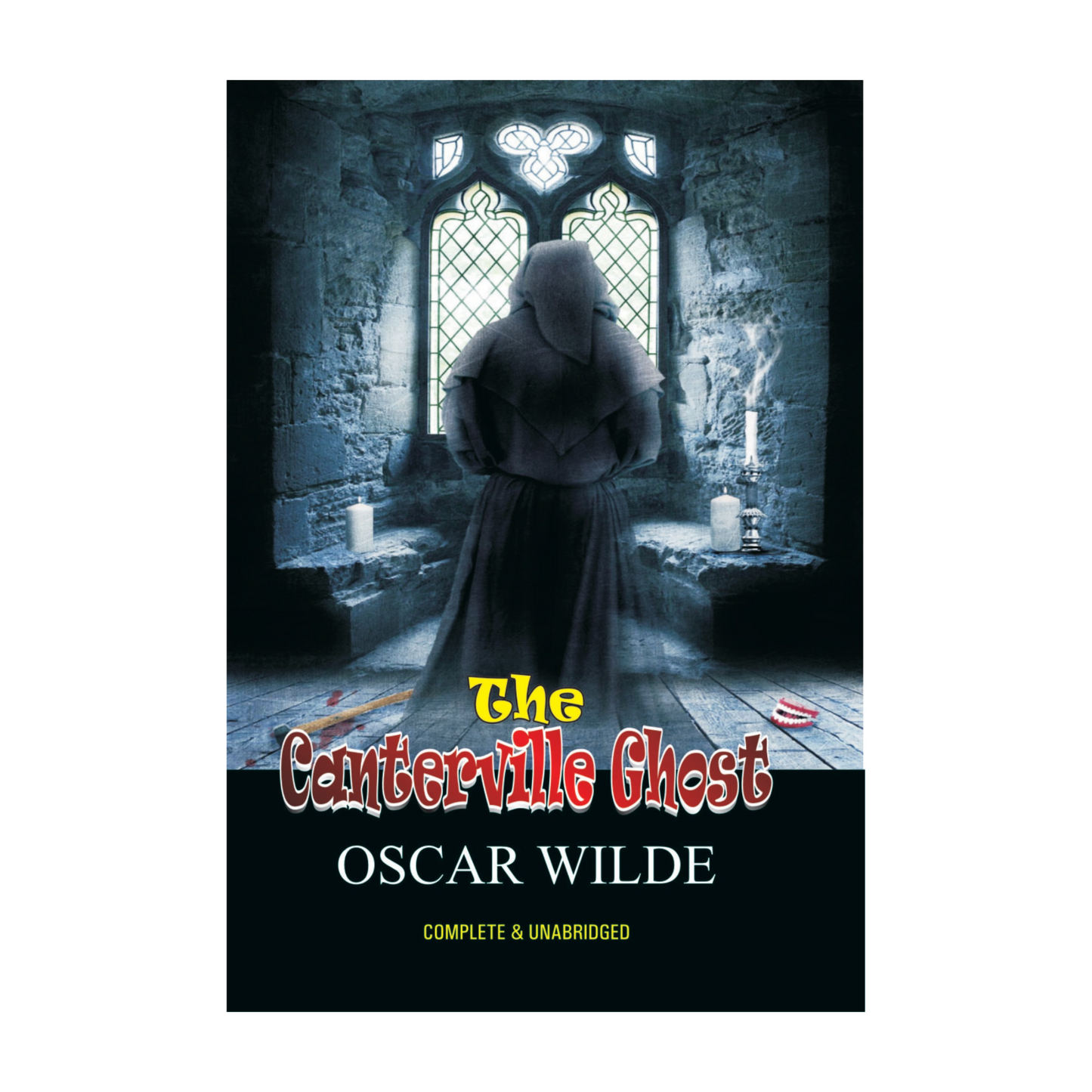For three centuries, an ethereal specter has haunted the grand ancestral dwelling of Lord Canterville's lineage. Wearied by the spectral presence, the Canterville family seeks reprieve. Thus, Lord Canterville makes a momentous decision—to sell his storied mansion to an American family. The eager purchaser, Mr. Hiram B. Otis, acquires the house and its resident ghost with peculiar enthusiasm, for, as everyone knows, Americans hold no faith in apparitions. With the Canterville ghost resolved to evoke spine-tingling terror among the Otis clan, a grand performance of fright is set in motion. Yet, these Americans prove to be an altogether different breed—two rambunctious young boys and a family who hold their ground firmly in the face of the supernatural. As the ghost's grand plans unravel, unforeseen surprises await, revealing that even phantoms can be met with unexpected turns of fate.












